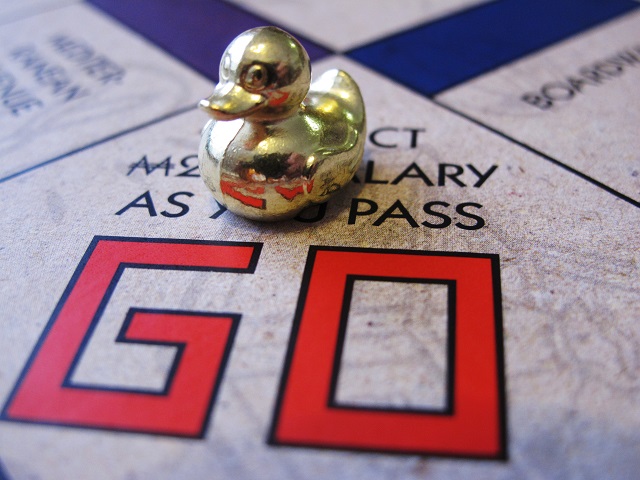
Credit: AP Images / Wayne Perry
When we break out a board game, we are rarely doing it because we want a history lesson. But many board games mirror social trends from years past. Monopoly’s creator used her board game to demonstrate the evils of capitalism. The Game of Life started out as a way to reinforce 19th-century moral values. We speak with author Tristan Donovan about his book “It’s All a Game: The History of Board Games from Monopoly to Settlers of Catan” about the evolution and legacy of board games.
Three Takeaways
- Some people take board games too seriously (think about your last 4-hour Monopoly game). But some of the earliest players were actually religious about their board game experience, like King Tut. The first board games (that we know about) can be traced to 3000 B.C. Historians say players saw the games as a way to interact with the afterlife.
- If you think about it, murder doesn’t seem like a good theme for a family board game. But that’s exactly what Clue is. Clue — like many of the board games we play today — started out much different and has changed a lot over the decades.
- Donovan says we’re in a board games renaissance. In an age of cellphones and video games, what’s the appeal? Nostalgia has something to do with it, Donovan says. But today’s board games are also simply better than they used to be, and people are drawn to the new features (as well as the opportunity to disconnect from their cell phone for a couple of hours).
More Reading:
- The Washington Post, like Donovan, says that we’re in a “golden age of board games.” Here’s how to join it.
- The New York Times writes about a unique landmark in Queens honoring the creator of Scrabble.
- Are board games educational? Scholastic Magazine says they can be.
- If you’d like the perspective of a chess grandmaster, here’s our interview with Garry Kasparov.

